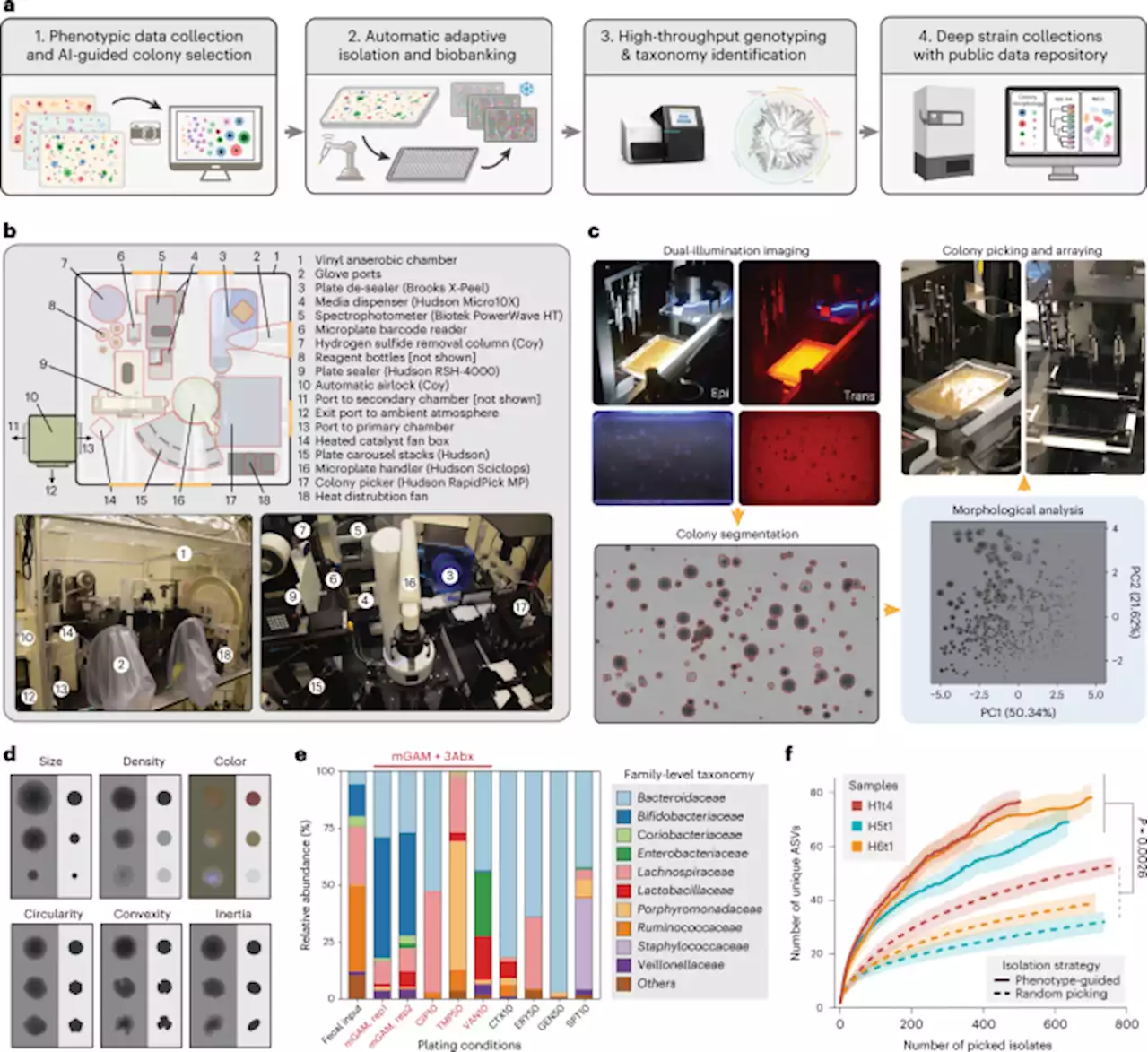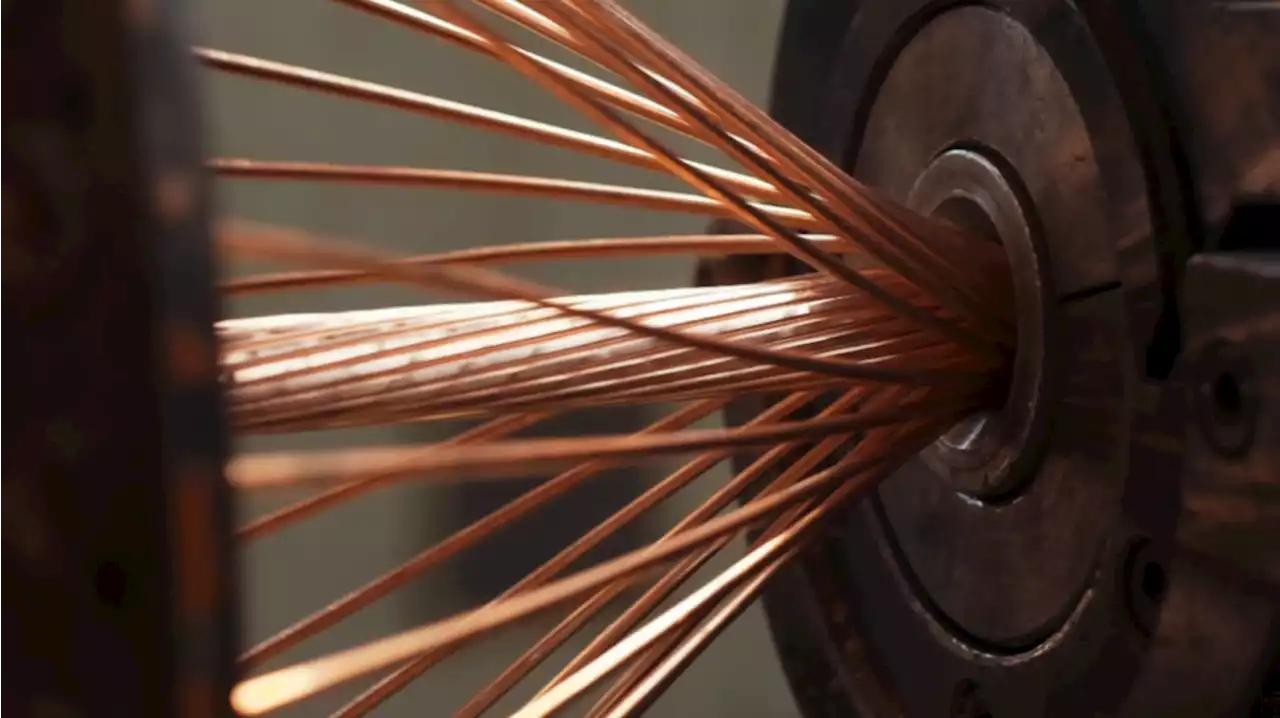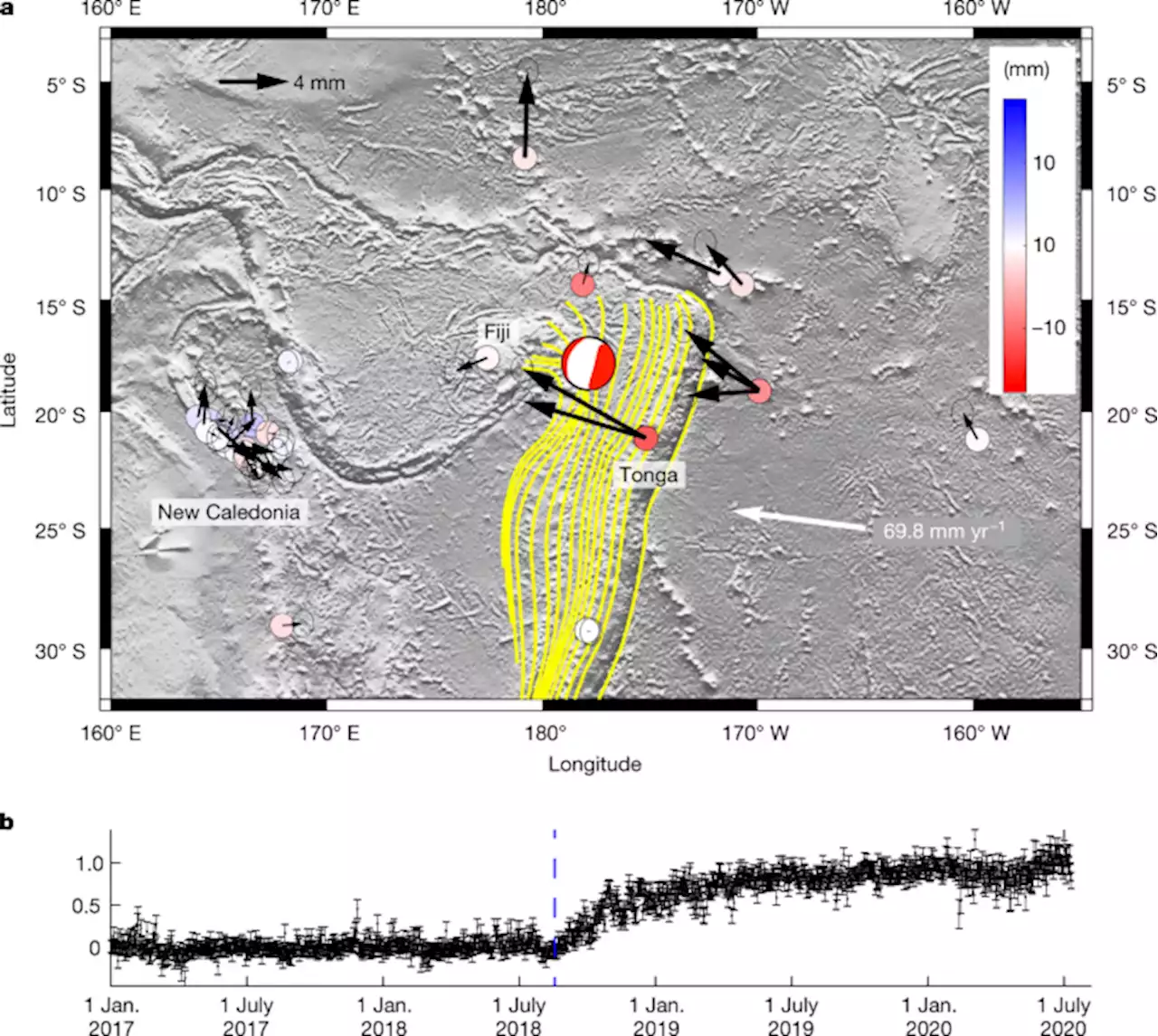Nature research paper: Weak upper-mantle base revealed by postseismic deformation of a deep earthquake
, but with a weak asthenosphere of 2.5-year Maxwell time. In each case, the displacements are close to the linear summation of the displacements resulting from modeling the weak asthenosphere and the weak base of MTZ separately. Horizontal displacements are in similar directions, and add constructively, resulting in 10 to 20 % larger displacements at the sites close to the earthquake.
On the other hand, due to the uplift in the west of the epicentre and west of the trench produced by the weak asthenosphere, opposite from those produced by weak base of MTZ , the vertical displacements tend to add destructively in stations in Fiji and Tonga islands . This decreases the overall fit to the observation by about 14 and 6 %.
United States Latest News, United States Headlines
Similar News:You can also read news stories similar to this one that we have collected from other news sources.
 Epidural stimulation of the cervical spinal cord for post-stroke upper-limb paresis - Nature MedicineElectrical stimulation of cervical spinal circuits facilitates arm & hand movements in two participants with moderate & severe chronic post-stroke hemiparesis. MCapogrosso PittNeurosurg
Epidural stimulation of the cervical spinal cord for post-stroke upper-limb paresis - Nature MedicineElectrical stimulation of cervical spinal circuits facilitates arm & hand movements in two participants with moderate & severe chronic post-stroke hemiparesis. MCapogrosso PittNeurosurg
Read more »
 When to update COVID-19 vaccine composition - Nature MedicineVaccines against different SARS-CoV-2 variants have been approved, but continued surveillance is needed to determine when the antigen composition of vaccines should be updated, together with clinical studies to assess vaccine efficacy.
When to update COVID-19 vaccine composition - Nature MedicineVaccines against different SARS-CoV-2 variants have been approved, but continued surveillance is needed to determine when the antigen composition of vaccines should be updated, together with clinical studies to assess vaccine efficacy.
Read more »
 High-throughput microbial culturomics using automation and machine learning - Nature BiotechnologyA machine learning isolation and genotyping platform enable high-throughput bacterial culture generation.
High-throughput microbial culturomics using automation and machine learning - Nature BiotechnologyA machine learning isolation and genotyping platform enable high-throughput bacterial culture generation.
Read more »
 Copper price rises despite weak Chinese demandThe copper price rose on Tuesday despite concerns over tepid consumption in China. copper mining
Copper price rises despite weak Chinese demandThe copper price rose on Tuesday despite concerns over tepid consumption in China. copper mining
Read more »
